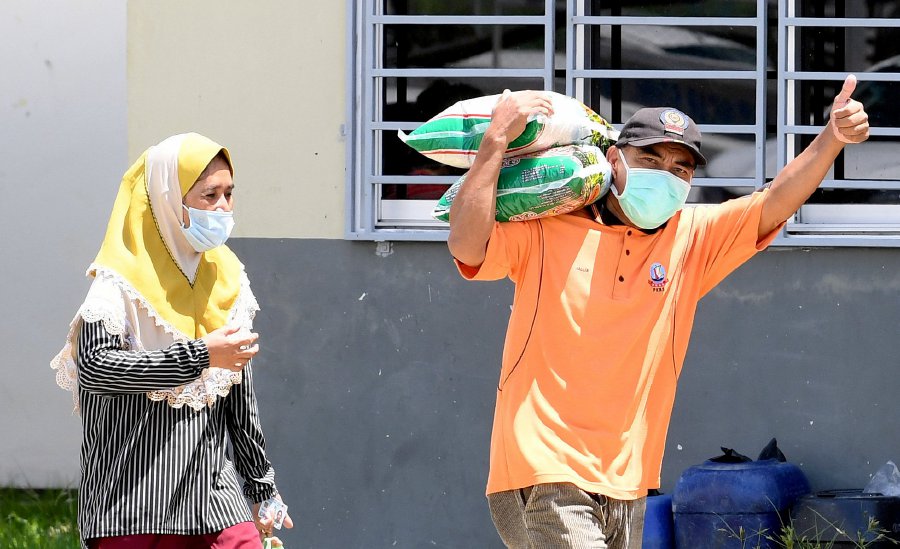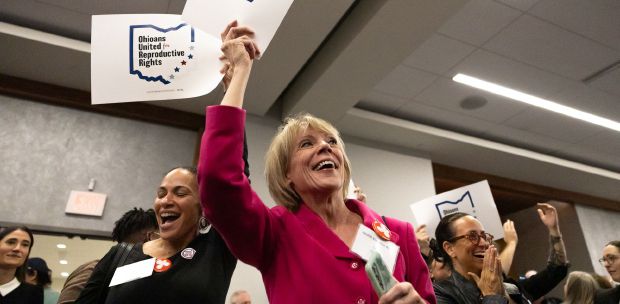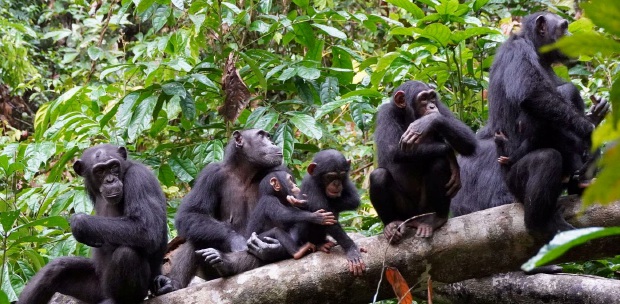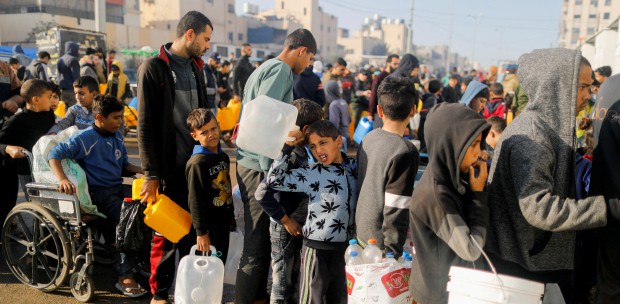THE everyday misery endured by countless people around the world — the stateless, refugees, the chronically impoverished — has been sidelined amid the pandemic.
As governments grapple with Covid-19, instituting unprecedented restrictions on entire populations, marginalised communities have been pushed even further away from the spotlight of our attention.
To one extent, everyone is struggling to cope; millions of families have lost loved ones or suffered symptoms, millions more have lost their source of income and are in dire financial straits.
The difficult challenges of "the new normal" make it easy to forget that, for many, hardship was a daily reality long before Covid-19 struck. For them, the impact of the pandemic has been all the more devastating even as they find themselves knocked further down the list of priorities of governments and humanitarian workers.
Dec 10 is International Human Rights Day, with the theme "Recover Better — Standing Up for Human Rights", and it is an opportunity for us to remember those who are often forgotten even in the best of times. Covid-19 has not brought the world to a standstill, even if it seems as though it has.
There are currently no fewer than 20 ongoing wars and military conflicts in the world; the global refugee population is the highest it has ever been — doubling in just under a decade.
According to the World Food Programme, some 300 million people are on the brink of starvation, and it warns that 2021 could see a "hunger pandemic" with multiple famines breaking out around the world.
As we focus on addressing the threat of Covid-19 and restoring the global economy, we must not ignore the rising tide of suffering in which so many are at risk of drowning.
Every crisis becomes a crisis from inattention, and we cannot afford to overlook the millions of people for whom Covid-19 is but one of the multitude of life-threatening challenges they face, or else we will emerge from the pandemic into a world on fire with diverse and uncontrollable catastrophes.
The year 2020 has undoubtedly been a severe test on our compassion, on our ability to put others first, but I would argue that we have excelled in this. Communities and whole nations across the globe have sacrificed, compromised and cooperated, wearing masks, physically distancing, closing businesses, and surrendering personal plans and ambitions, all for the sake of public health.
We have proven that we can come together in a crisis, that we can maintain solidarity for the greater good, and this spirit is going to be essential as we move forward. In many ways, Covid-19 has brought out the best in us. While we may look upon 2020 as one of the worst years any of us have ever experienced, I believe it has been a year of remarkable heroism.
What we have learnt about ourselves can make it possible for us to truly "recover better" by activating the same sense of global community and camaraderie to address human rights issues the world over.
In short, we are all human rights activists now; we are all experienced in collectively pursuing a better, safer world.
There is muscle memory at work in empathy and compassion, just as in athletics, and we can use that newly developed psychological and emotional strength of heart to confront and cure the plagues of victimisation, hunger, hate, violence, exploitation, prejudice and discrimination, and at last conquer the disease of apathy that has allowed so much of the world's suffering to spread.
Today, Centhra calls for every person to come together to build a world in which we can live where every life matters.
The writer is founder of Centre for Human Rights Research & Advocacy (CENTHRA)





